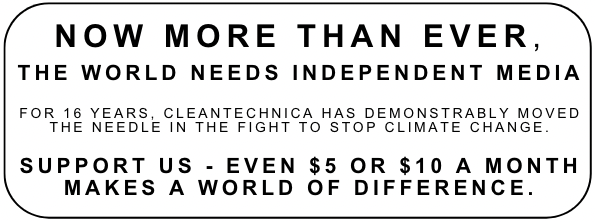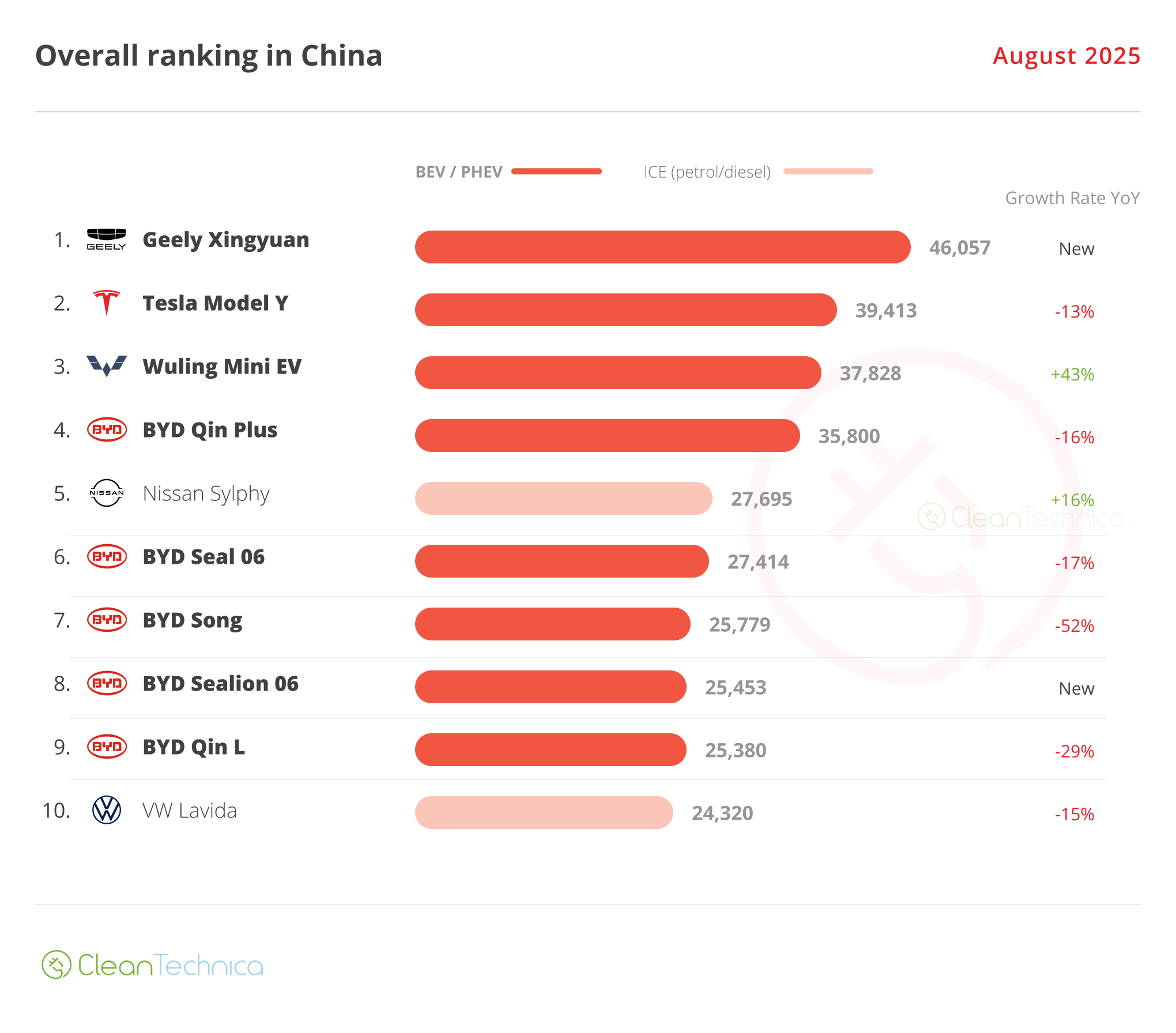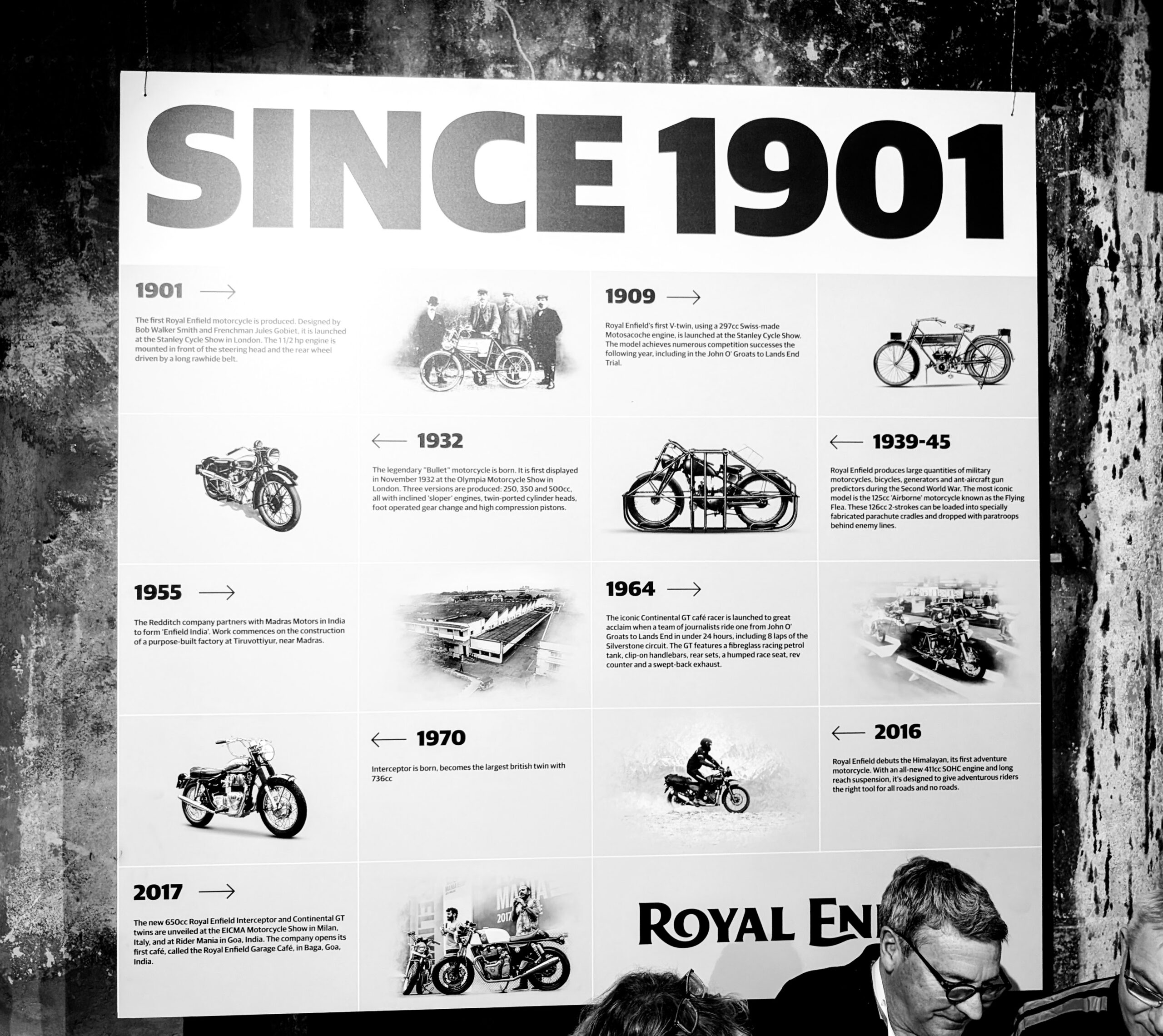
Sign up for daily news updates from CleanTechnica on email. Or follow us on Google News!
Tariffs, and tariffs, and tariffs, oh my! The Great and Powerful Oz spoke again of tariffs last night, aiming to upstage a colleague who is credited with tanking a crucial bipartisan budget bill earlier this week. While the two frenemies duke it out for attention, US battery makers are left wondering what new tariffs will mean for graphite, a key element in the EV battery supply chain. Not to worry. The US will soon get its own domestic supply of synthetic graphite, once two new factories in Tennessee are up and running.
Tennessee To Rescue EV Battery Supply Chain
Sustainably speaking, the presence of synthetic graphite in the EV battery supply chain isn’t all hearts and roses. The feedstock of preference for synthetic graphite is needle coke, a form of the fossil fuel-derived substance petcoke. Producing synthetic graphite is also a time consuming, energy intensive, and expensive endeavor.
The alternative is natural graphite, but the US has no graphite mines in operation at the present time, leaving battery manufacturers vulnerable to the vagaries of the global supply chain.
It wouldn’t be so bad if the global graphite mining and refining industry was concentrated among US allies, but it’s not. Citing an analysis by the International Energy Agency last year, the firm S&P global noted that China accounts for about 70% of natural graphite mining globally, and almost 100% of graphite refining.
Tennessee Swoops In To Rescue The EV Battery Supply Chain
On the plus side, some stakeholders in the synthetic graphite field have been re-engineering the process to cut the timeline while saving energy and costs, too. That brings us to the Australian firm NOVONIX, which has come up with an energy saving induction-based process. The company has been setting up shop in the US through its Anode Materials domestic subsidiary.
They are not letting the grass grow under their feet. With an allocation of $100 million in cost-sharing funds from the US Department of Energy through the 2021 Bipartisan Infrastructure Law, and a $103 million tax credit, the company has been upscaling its Riverside facility in Chattanooga, Tennessee to launch as the first large scale synthetic graphite factory in the US. The factory is expected to be up and running sometime next year, with an output of 20,000 tpa (tons per annum).
That’s just for starters. On December 16th, NOVONIX announced a conditional loan of up to $754.8 million from the Energy Department’s notorious Loan Programs Office for a second synthetic graphite facility, also to be located in Chattanooga (see more Loan Programs Office background here).
“At full capacity, the new facility is expected to produce approximately 31,500 tonnes per annum (“tpa”) of synthetic graphite, which can support the production of lithium-ion batteries for approximately 325,000 EVs each year,” NOVONIX stated, noting that full capacity is expected in 2028. The company has also proposed to expand the capacity to 75,000 tpa.
All together, NOVONIX expects to manufacture synthetic graphite for the EV battery supply chain at the rate of 150,000 tpa by 2030.
More EV Battery Jobs For Red State
The Energy Department loan for the second factory is conditional on an environmental review and the satisfaction of key technical, financial, and commercial elements before it is finalized, which could take several months. In the meantime, the Energy Department is already counting its EV battery supply chain chickens.
In a blog post on December 16, the agency noted that almost all of the synthetic graphite in the US is currently imported from China.
“Synthetic graphite can be manufactured at a higher purity than natural graphite, leading to improvements in battery performance, reliability, and longevity,” the Energy Department added.
The Energy Department also anticipates that the new factory will create 450 full time, permanent jobs on top of 500 construction jobs. As for how they’re going to find enough people to fill those permanent jobs, NOVONIX has had a footprint in Chattanooga since 2017, and it expects to leverage its community relations to work with high schools and colleges on training and job preparation programs.
“The borrower has fostered partnerships with Historically Black Colleges and Universities, such as Tennessee State University and other local colleges to create benefits in disadvantaged communities,” the Energy Department points out, noting that the company already participates in job fairs and other programs of the Engineering Department at Tennessee State University.
“As part of its continued commitment to local workers, NOVONIX will hire displaced fossil fuel workers through its relationships with Phillips 66 Company and Right Management,” the Energy Department adds.
What Does Phillips 66 Have To Do With The EV Battery Supply Chain?
If you caught that thing about Phillips 66, that’s a key factor in NOVONIX’s plans for the domestic EV battery supply chain. Back in 2021 Phillips 66 acquired a 16% stake in the company. The two firms followed up in 2022 with a technology agreement.
“Phillips 66 is a leading global manufacturer of specialty coke, a key precursor to the synthetic graphite anode material NOVONIX produces,” Phillips 66 explained in a press statement. “The company is one of the few downstream companies with an in-house research and development organization.”
“Its Energy Research & Innovation group works on developing lower-carbon technologies to support the energy transition, including next-generation batteries,” Phillips 66 also says of itself.
About Those Tariffs…
The EV battery supply chain is just one sector at risk of disruption if a trade war erupts. Meanwhile, it has already erupted. Last year China imposed new regulations on its graphite exports, in apparent preparation for further action.
On December 19, NOVONIX announced that it is participating in a petition from the American Active Anode Material Producers before the US Department of Commerce and the International Trade Commission, calling for an investigation into China’s graphite export policy.
“The filing asserts China is harming the nascent domestic graphite industry by exporting artificially cheap battery-grade graphite into the U.S.,” NOVONIX explained, citing an estimated dumping margin of up to 920%.
The US hasn’t produced any appreciable amount of natural graphite since the 1950s, so the US State Department is also supporting alternative overseas supply chains such as a graphite mine in Tanzania, which is under development through a deal between the Korean EV battery stakeholder POSCO and the Australian firm Black Rock Mining.
Work also continues apace on new EV battery formulas that eliminate graphite altogether, so keep an eye on those new silicon batteries that are ready to roll off the assembly line.
Follow me via LinkTree, or @tinamcasey on LinkedIn and Bluesky.
Image (cropped): Tennessee will play a key role in the domestic EV battery supply chain, as the host of two new factories slated to produce synthetic graphite in bulk (courtesy of US DOE).

Chip in a few dollars a month to help support independent cleantech coverage that helps to accelerate the cleantech revolution!
Have a tip for CleanTechnica? Want to advertise? Want to suggest a guest for our CleanTech Talk podcast? Contact us here.
Sign up for our daily newsletter for 15 new cleantech stories a day. Or sign up for our weekly one if daily is too frequent.
CleanTechnica uses affiliate links. See our policy here.
CleanTechnica’s Comment Policy




